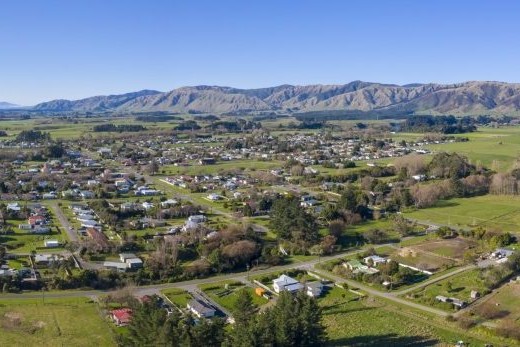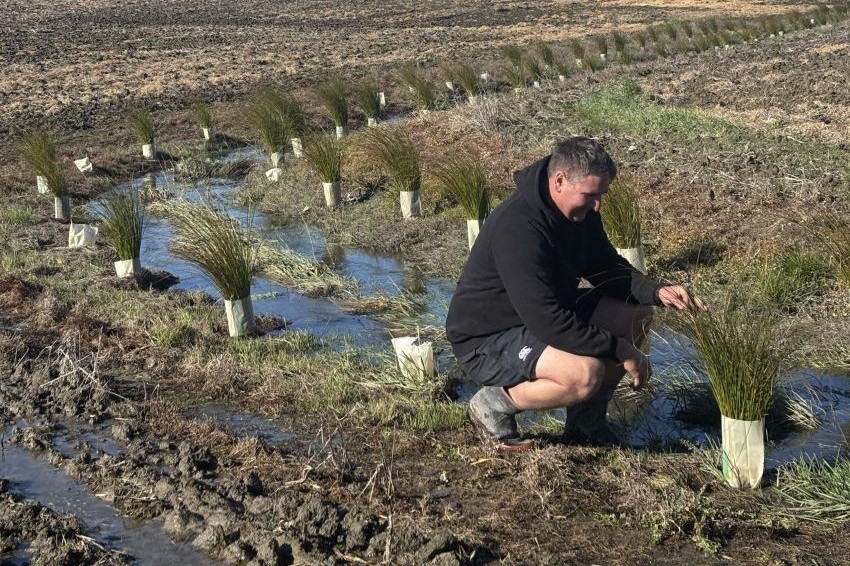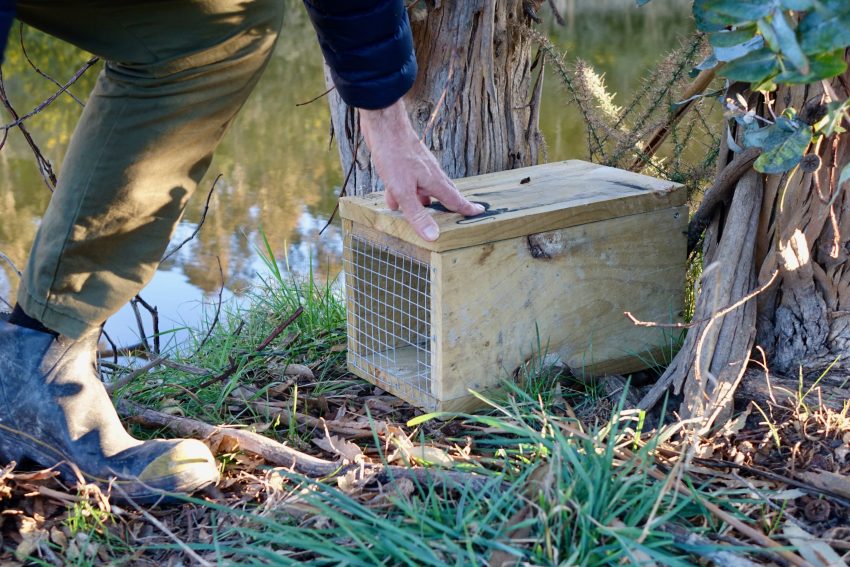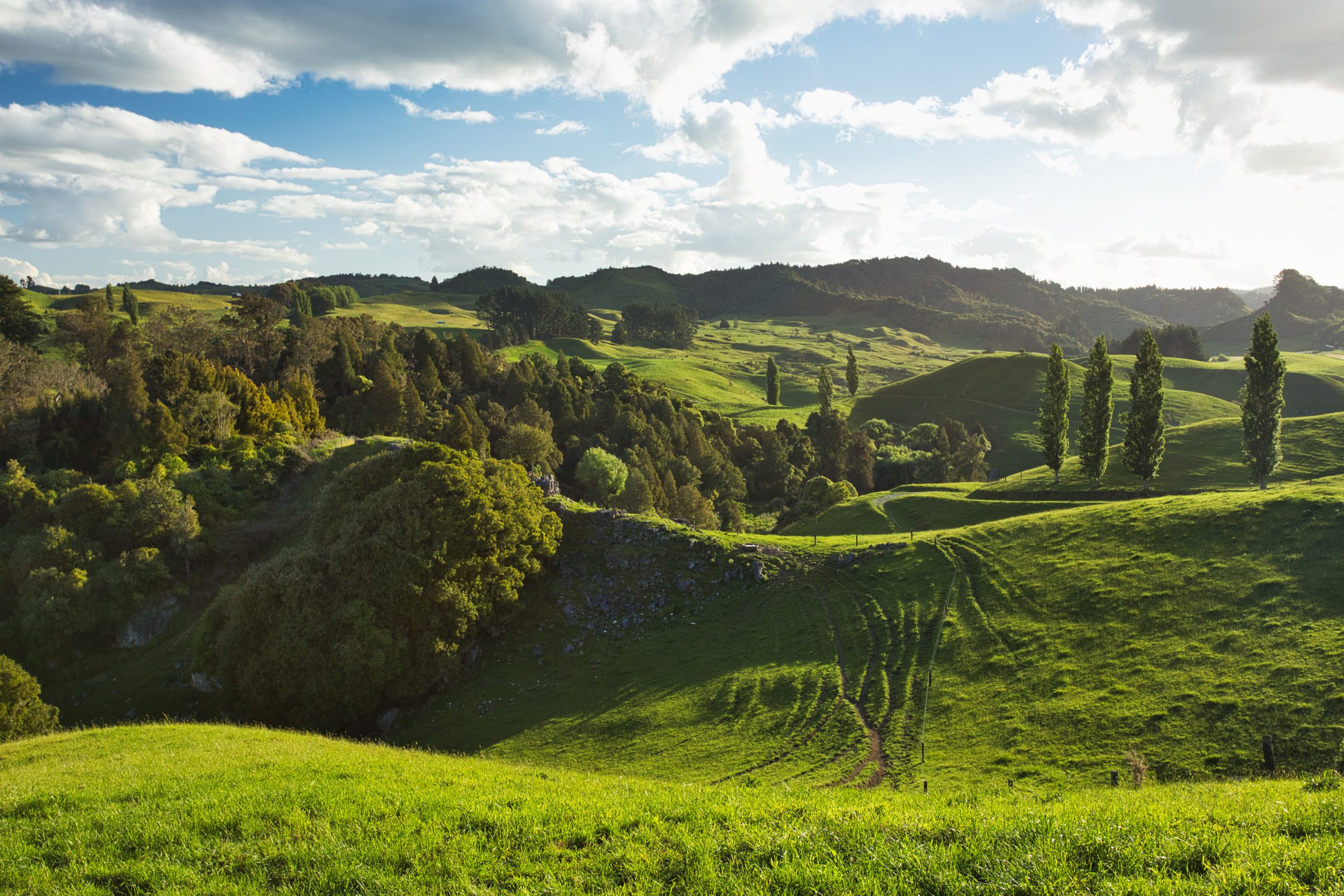Lynda Gray
Tell your story, own your part of the problem and offer solutions were the concluding words of advice from Dave Harrison, Beef+Lamb NZ general manager policy and advocacy at last week’s ‘Changing Environmental Policy’ roadshow in Alexandra.
An overwhelming amount of information on a package of environmental-related government policy and recommended regulation was presented at the Central Otago presentation I attended.
Harrison overviewed and highlighted the likely farming ramifications from discussion documents such as: Climate Change – Zero Carbon Bill; ‘Action on Agricultural Emissions’; ‘Essential Freshwater; Healthy Water, Allocated; and the ‘National Policy Statement Freshwater Management’.
Many of the 120 farmers who attended the early evening session had glazed eyes by the end of it all. But hopefully they took on board Harrison’s call to act and make a submission to fight for sensible and science-backed land management.
B+LNZ have tried to make it as easy as possible for farmers to get involved in the consultation process. They’ve produced a brief-ish list of recommended reading so you can get your head around the key stuff: Draft National Policy Statement for Freshwater Management, Proposed National Environmental Standards for Freshwater and Draft Stock Exclusion Section 360 Regulations.
But you can cut to the chase to find out what B+LNZ regard as the main issues for sheep and beef farmers which has specific references back to the relevant government discussion and draft documents.
Having digested it all, the questions are: how do I go about making a meaningful submission?
The answer simply is to tell your own story; pick out one or a couple of the six key areas that B+LNZ has identified in the Action for Healthy Waterways discussion document and describe how it would affect your own farming situation.
“Have confidence in yourself and what you do. You’re the experts in farming so back yourself.” Laura Lake B+LNZ South Island Extension Manager says.
To get the words flowing she suggests brain dumping a few ideas and thoughts over a few days. Her other tips in crafting the story are to banish any swear words and confusing/old school language.
Also, make it easy to read. As a check, read out loud what you’ve written. If you find you’re stumbling over words, it probably means what you’ve produced is not reader-friendly and needs a bit of revision.
There’s no need to back up what you write with lots of data and science because submissions from relevant agri-professionals will do that.
In the very near future B+LNZ will have available online a template that you can use to assemble your comments into a coherent submission acceptable to Ministry for the Environment, therefore bypassing the requirement to fill out their rather vague and confusing submission form.
Stop procrastinating and do it – you have until October 31 to make a submission.
Here is a video of the Beef+Lamb water policy lead presenting the B+LNZ events:
https://beeflambnz.com/knowledge-hub/video/changing-environmental-policy




